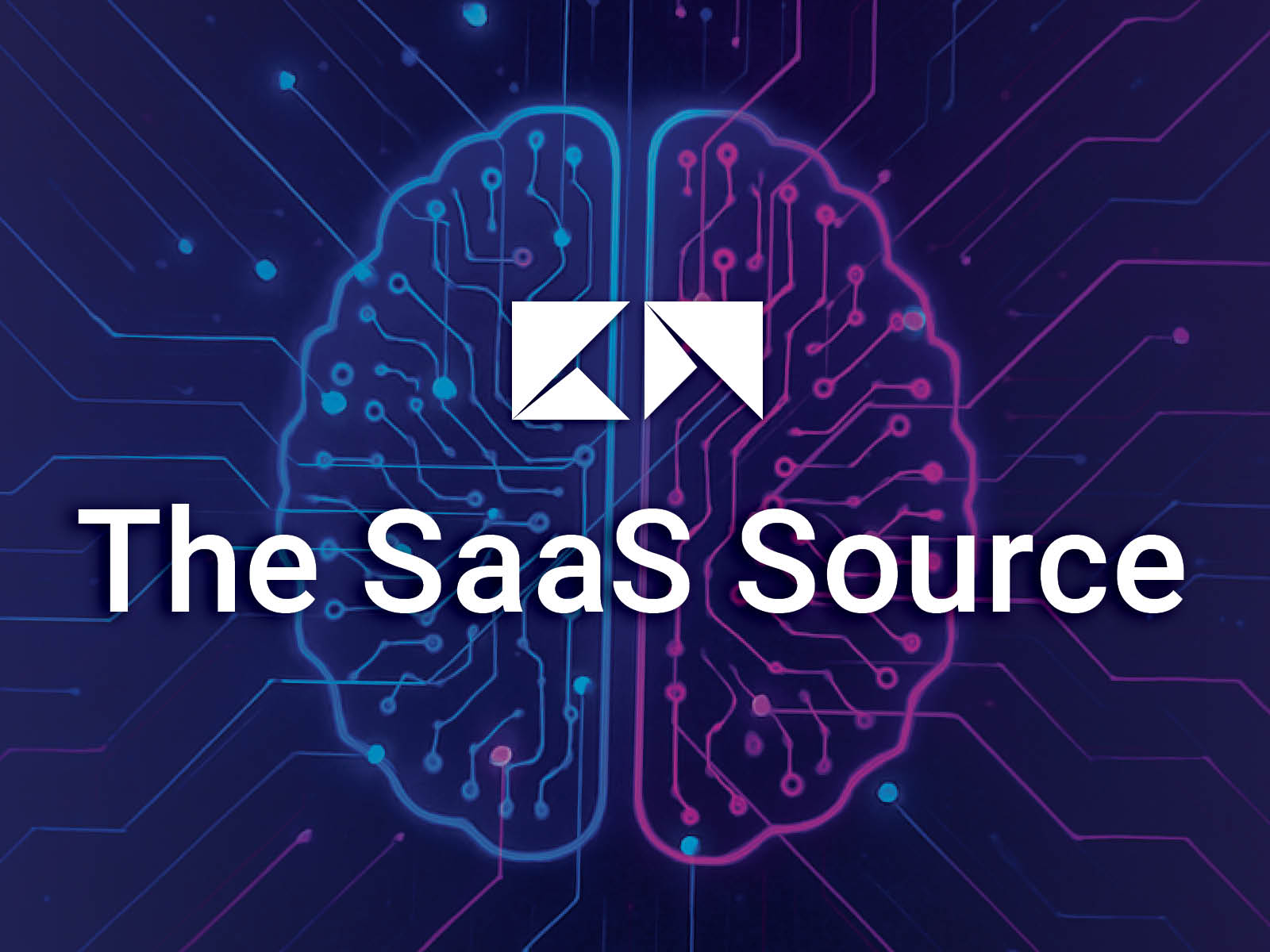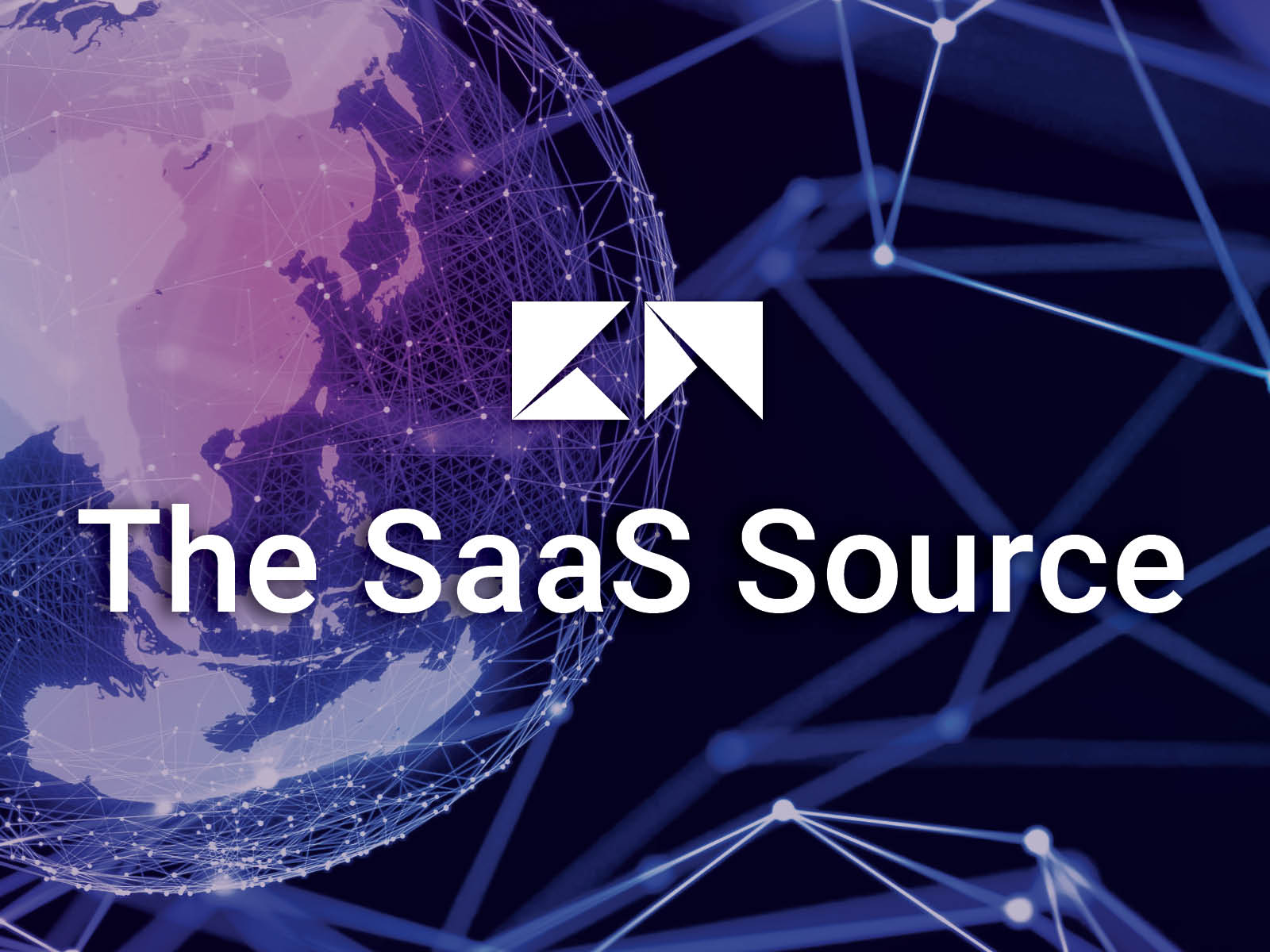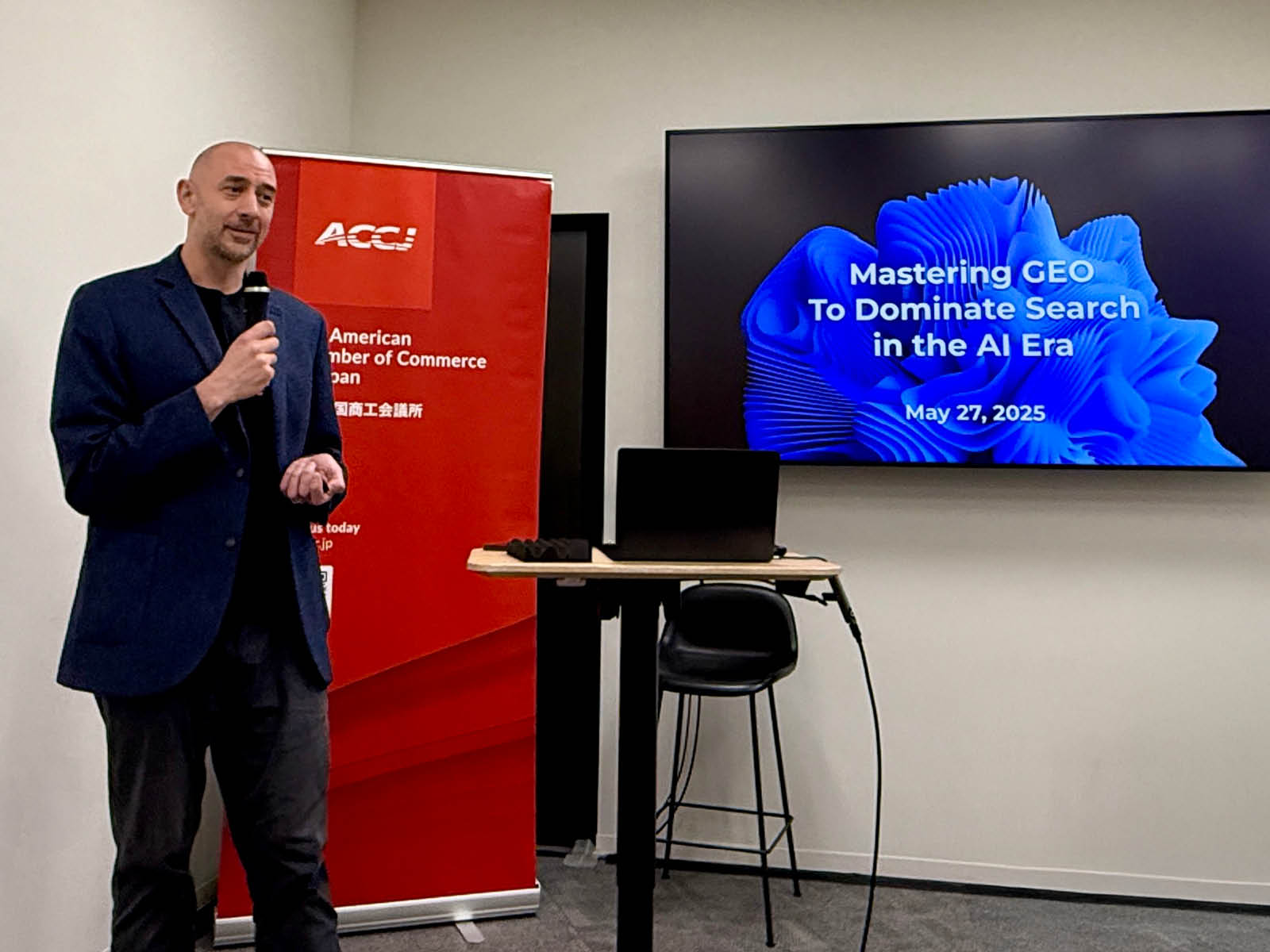
Navigating the Brave New World of a Cookieless Future
Cookies have been a crucial part of digital marketing for years, giving marketers the ability to track, target and engage users online with pinpoint accuracy.
They have been relied on to obtain key data about how users behave and interact with brands online. But times are changing.
Given growing concerns about privacy, major regulatory changes, and transformations in how browsers are operating, the digital marketing landscape is going through seismic shifts. Two of the most well-known privacy regulations are the General Data Protection Regulation (GDPR) in Europe and the California Consumer Privacy Act (CCPA) in the United States, which set stringent guidelines on how personal data should be collected, stored, and utilized. They mandate greater transparency and control for users over their personal information, which limits the use of third-party cookies. At the same time, major web browsers like Safari and Firefox have implemented strict tracking prevention measures, and Google Chrome has plans to gradually phase out third-party cookies—although the transition has been postponed a number of times already. In conjunction, these developments have accelerated the move towards cookieless marketing solutions.
When it comes to B2B marketing, this transition comes with unique challenges and opportunities. Unlike B2C marketing, which often relies heavily on broad consumer behavior data, B2B marketing is typically more focused and targeted, aiming to reach specific business decision-makers. Therefore, it relies heavily on cookies for tracking and retargeting these specific users. So the shift to cookieless strategies demands a rethinking of how B2B marketers approach their campaigns and implementing innovative methods to identify and engage with potential clients effectively while maintaining compliance with new privacy standards.
Alternative Strategies and New Opportunities
However, this also offers the opportunity to build deeper, more meaningful relationships with those clients. By adopting strategies that prioritize user privacy and consent, B2B marketers can enhance trust and credibility, positioning themselves as ethical and forward-thinking in an increasingly privacy-conscious market.
There are a number of methods that B2B marketers can employ to collect data in alternative ways. One of the most viable is using first-party data, which is information collected directly from users through their interactions with a company’s own digital properties. This can include data from website visits, mobile app usage, and email interactions. First-party data is not only more reliable and accurate but also aligns well with privacy regulations, as it is collected with user consent and directly from the source.
Another is contextual targeting. Unlike behavioral targeting, which relies on tracking user activities across different websites, contextual targeting focuses on the context of consumed content. For instance, ads are placed based on the content of a webpage rather than the user’s browsing history. This ensures that ads are relevant to the content being viewed, improving user experience and engagement without infringing on privacy. For B2B marketers, this could mean placing ads on industry-specific blogs, forums, or news sites that are relevant to their products or services.
Account-based marketing (ABM) also plays a crucial role in a cookieless future. ABM is a strategic approach where marketing efforts are focused on specific target accounts rather than broad segments. This method involves a deep understanding of the target accounts and personalized engagement based on the specific needs and characteristics of each account. In a cookieless environment, ABM can be
enhanced through the use of first-party data and insights derived from direct interactions with potential clients. By focusing on known accounts and leveraging detailed data, B2B marketers can create highly personalized and effective marketing campaigns without relying on third-party cookies.
Strategies for Success
Content marketing and social media strategies can also play a significant role in helping B2B marketers reach and engage their target audiences effectively. For example, high-quality, informative, and engaging content can attract and retain the attention of potential clients. By producing valuable content such as blogs, whitepapers, case studies, and webinars, B2B companies can establish themselves as thought leaders in their industry. This not only drives organic traffic to their websites but also encourages users to voluntarily share their information in exchange for access to premium content, facilitating the collection of first-party data.
Social media and influencer marketing offer another powerful avenue for cookieless B2B marketing. Leveraging platforms like LinkedIn, Twitter, and industry-specific forums can help businesses engage directly with their target audience without relying on cookies. Influencers and industry experts can also play a crucial role in this strategy. By partnering with respected voices in their field, B2B companies can amplify their message and reach a broader audience. These influencers can help build credibility and trust, which are essential in a cookieless world where direct tracking is limited.
Finally, email marketing remains a robust channel for B2B marketers who are adapting to a cookieless future. With a strong focus on building and maintaining a high-quality email list, businesses can engage with prospects and clients directly. Personalized email campaigns that address the specific needs and interests of recipients can lead to higher engagement rates and foster stronger relationships. And email marketing tools that offer advanced segmentation and automation can help tailor messages more effectively, ensuring that the right content reaches the right audience at the right time.
A cookieless future is certainly going to lead to significant changes in the digital marketing landscape, especially when it comes to the B2B space. But by harnessing new approaches and strengthening strategies that they may already have in place, digital marketers can thrive in this brave new world.


